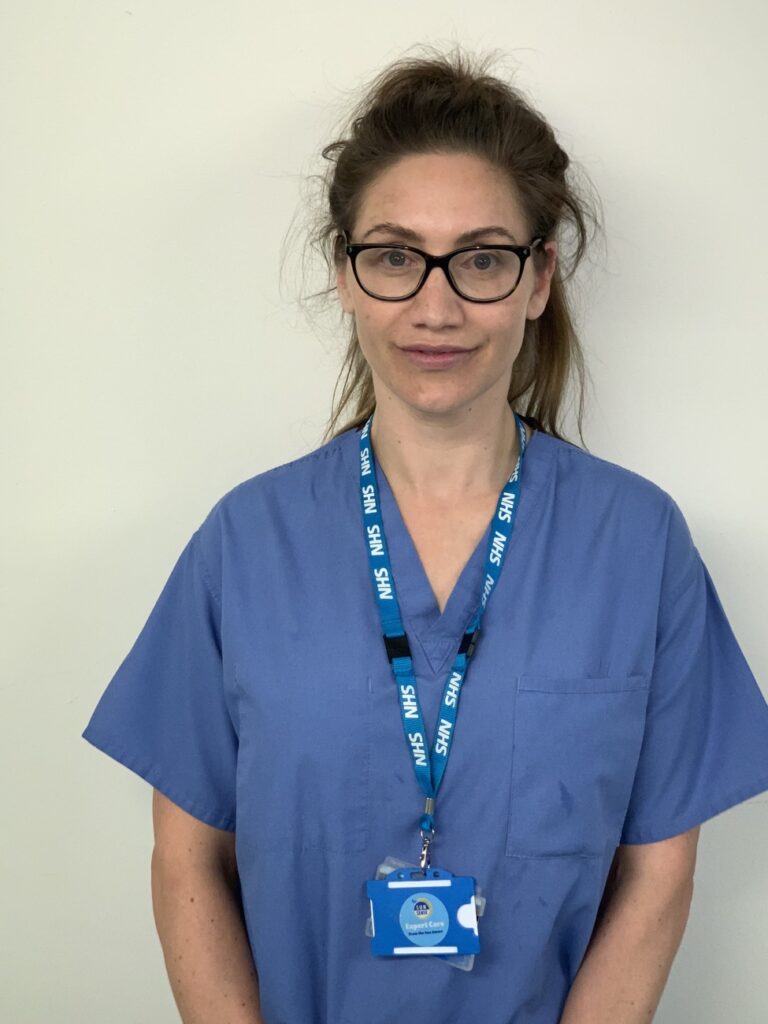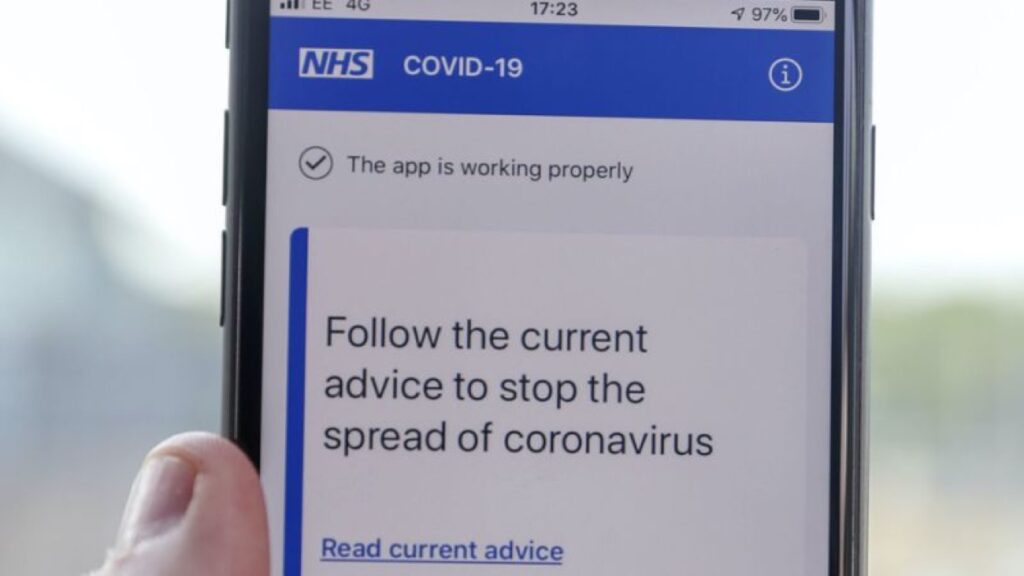Produced in partnership with the UK Government
Coronavirus symptoms checklist:
• A new continuous cough (coughing for more than an hour, or three or more coughing episodes in 24 hours)
• High Temperature
• Loss or change of sense of smell or taste
A new NHS Test and Trace service with 25,000 dedicated contact tracing staff has launched has across England. Working with Public Health England it will help identify, contain and control coronavirus, reduce the spread of the virus and save lives.
The package of £300 million of new funding made available to local authorities to work with NHS Test and Trace, it will build on the work already done so far to respond to coronavirus.
Their plans will focus on identifying and containing potential outbreaks in places such as workplaces, housing complexes, care homes and schools, ensuring testing capacity is deployed effectively and helping the most vulnerable in self-isolation access essential services in their area.
Anyone who tests positive for coronavirus will be contacted by NHS Test and Trace and will need to share information about their recent interactions. This could include household members, people with whom they have been in direct contact, or within two metres for more than 15 minutes.
People identified as having been in close contact with someone who has a positive test must stay at home for 14 days, even if they do not have symptoms, to stop unknowingly spreading the virus.
How to play your part
Got symptoms?
• Stay home. Book a test.
Tested positive?
• Isolate for 7 days
• Share your contacts with NHS Test and Trace
Alerted by NHS Test and Trace?
• Isolate for 14 days
If those in isolation develop symptoms, they can book a test at nhs.uk/coronavirus or by calling 119. If they test positive, they must continue to stay at home for seven days or until their symptoms have passed. If they test negative, they must complete the 14-day isolation period.
Members of their household will not have to stay at home unless the person identified becomes symptomatic, at which point they must also self-isolate for 14 days to avoid unknowingly spreading the virus.
Test and Trace is the service in England. Please check with your health authority for details.
NHS contact tracer

An NHS nurse was taking a break from her career and had been in Bali training as a yoga instructor.
Josie Hitchen flew back into lockdown and responded to the fast tracking route on the NHS Professionals website to become an NHS contract tracer. Soon she joined colleagues as a nurse at her local hospital in Middlesborough.
“Public health promotion has always been something I’m interested in, so I applied and I got a position,” explains Josie.
She began training immediately, which involved everything from understanding Covid-19 to familiarising herself with data protection and the various systems used in tracing.
With husband currently away and young children to look after, Josie’s mother stepped up as a carer for her youngest child. Josie now mixes nursing shifts with contact-tracing shifts and the flexibility of shift-work suits her well and fits around her family life.
Explaining the job as a contact tracer, she said: “You log on to various systems and you get assigned cases.
“Then you run the record of the patient to get a bit of their information and prepare yourself. Next, you call them, explain who you are, where you’re calling from, what contact tracing will do, how it can help prevent the spread of the virus and ask if they’re be happy to proceed.”
People are then are taken through a questionnaire on a UK Government website, which asks for details such as where they’ve been, who’s been in the house with them, where they’ve worked and so on. People can fill these in this questionnaire themselves, but not everyone has a smart phone or is comfortable doing it unassisted. The average call takes about 45 minutes.
“I’m really enjoying it,” Hitchen says.
“It’s been very interesting to learn about the coronavirus and the systems we use and I’ve had lots of positive feedback.”

Visit nhs.uk/coronavirus to find out how to get a test
Test and Trace: Your questions answered…

Q. Do I have to tell the contact tracers who I’ve been in contact with?
A. Yes, you’ll be asked who you live and work with, and who you’ve been in contact with during leisure activities.
Q. Will it be anonymous, or will people know you’re the one who infected them?
A. The NHS Test and Trace service will only tell people they’ve been in contact with someone who’s tested positive for the virus, but won’t share your name and details. All information is held in strict confidence.
Q. How will you make sure people are isolating while waiting for their test results?
A. Most people have been complying with social distancing, so the Government is confident the public will play their part in reducing the spread of the virus. But if they find that people are not isolating, they could make home visits and issue fines.
Q. If I’ve had a positive test and no-one has called me within 24 hours, who do I call?
A. The service aims to make contact via email, text or landline within 24 hours of receiving the test result, so stay at home for seven days and make sure your household isolates for 14.
Q. If I’m told to self isolate, can I get a test?
A. Only order a test if you develop symptoms, and if not continue to isolate for 14 days.
Q. Can I go out again if I get a negative test result?
A. No – you must complete your two-week isolation.
Q. Will antibody test results be part of the system?
A. The WHO doesn’t have evidence to suggest you’re immune if you’ve had the virus, so even if you’ve had an antibody test you’d still need to isolate for 14 days if contacted.
Q. What about people I might have come into contact with on public transport?
A. Wear a mask on public transport and maintain a two-metre distance. “Contact” is defined as spending more than 15 minutes within two metres of someone with Covid-19.
Q. How will contact tracing work if I have no phone or computer?
A. You do need an email address and phone number to get a test, but if you don’t have one you can use a trusted friend or family member’s.
Q. Will I be asked to isolate more than once?
A. You might do if you’ve been in recent close contact with someone who’s tested positive for the virus. The best way to avoid being asked to isolate is to follow social distancing rules















